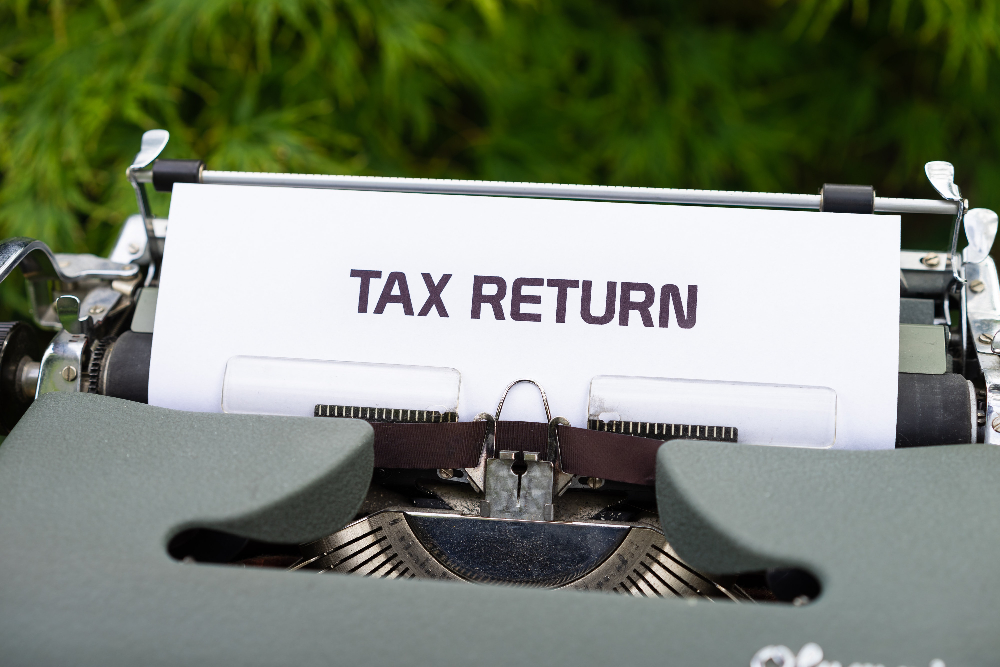Like many people, the start of a new year gets me thinking about the future and what I want to get out of it. As it’s Money Talk, we’re discussing financial goals here.
I like the timing of the new year; everyone else is thinking about their future too, and there’s a sort of team spirit that comes with that.
There’s also the fact that it’s an annual reminder that you don’t have to work hard to remember if you’re just getting started with goal-setting.
But of course, you don’t have to restrict financial goal-setting to January. And if anything, a good financial goal should be reevaluated and adjusted throughout the year.
All that is to say you can use the content in this post right now, but it also works whenever the time is right for you.
Why you should be setting financial goals
Setting financial goals is all about planning for the future by working out what’s important in your life and making a plan to work towards that.
By having an action plan, not only can you get there quicker but it’s also easier to motivate yourself along the way and correct any mistakes.
Many people use financial goat-setting to ensure they have financial security in the long term but you can also use it to work towards something big, like paying off debts, buying a house or going on the trip of a lifetime.
It doesn’t always have to be about frugal living right now so you can live lavishly tomorrow – with some clever planning, you can live well at every stage of your life.
How to set a financial goal
First, start by thinking about what you want.
Your goal needs to be achievable and financially feasible for you, but it should also challenge you to make some changes that will make you better off further down the line.
I’ve included some good general examples in the next section, and outlined my personal goal.
Next, think about when you can realistically reach that goal and how you’re going to get there.
That means setting a deadline and then working backwards to give yourself a timeline and action plan.
This is where you decide on the changes and sacrifices you’re willing to make at each stage to help you reach your goal, and it might include things like setting a budget for yourself or taking part in no spend challenges.
It makes things much easier if your goal is specific. Here is a great example of that.
And if your goal takes years to achieve, make sure you break it down into smaller goals that you can tick off as you go along.
For Marie from Broke Girl in the City for example, it’s all about focusing on just three things each month to make it digestible.
Finally, make sure your goal is measurable and put some dates in your diary to review your progress.
This helps you to stay on track, remain motivated and gives you an opportunity to adjust and refine your goal, or pick a new strategy if the current one isn’t working.
A financial goal breakdown
As an example, if your goal is to buy a home for £120,000 in two year’s time, and you need a 10% deposit, between now and then you’ll need to save £12,000.
A smaller goal is to save £6,000 a year, or £500 a month.
If this sum is more than what you usually put away, you would need to either earn more (from a second job/side hustle) or spend less (go out less/move to a cheaper place).
In some cases, you might want to set separate goals for achieving those.
And because you might put away different amounts each month – you might save £600 one month but only £400 in another, for example – it could be helpful to have a spreadsheet to track your progress.
As the time frame is relatively short in this scenario, a progress check every six months should help you stay on track without being too onerous.
Remember: it’s OK to miss your goals. It happens. But thinking about why it happened can help you get back on track or set more realistic goals in future.
Some good financial goals to work towards
Here are three suggestions to get you started:
- Save £X a day/week/month/year towards X (pension/savings/house deposit)
- Pay £X towards X (loan/credit card/mortgage) each day/week/month/year (and pay it off by X date)
- Have an (earned/investment/rental/retirement) income of £X a year
As you can see, they all follow the same sort of formula: a headline number split into specific time periods.
I’ve created some spreadsheet templates that you can use to track your own goals – download them here to enter your own numbers. I’d also recommend saving a new version for each year just to make it easier for yourself.
A financial goal I’m working towards
Inspired by the FIRE (financial independence, retire early) movement, I’m currently working on paying off my mortgage at breakneck speed.
I actually don’t have any intentions of retiring early because I love my day job. But I’m also conscious that as a freelancer, there’s a lot of uncertainty and if I have substantial equity in my property, I have more options down the line.
In my dream scenario, I pay the balance of my mortgage in full when my current fixed rate deal comes to an end in November 2025.
In setting this goal, I looked into different scenarios, like whether I should be overpaying my mortgage or investing the money.
I also worked out the rough numbers based on my personal projections for the next few years and the rate I’ve been able to save up to now. And in theory, that goal is achievable if I do some serious hustling.
One really important element is setting an earnings target for myself, especially now that I’m freelance, and splitting that down into a monthly one so I can easily track my progress on a spreadsheet.
This target – based on my old salary – has forced me to work harder but also pushed me to negotiate better rates and turn down the jobs that simply don’t work financially.
I’m probably working more hours than I would otherwise, and the pandemic has been a big factor in that as well.
At the same time, I’m also limiting my spending to the essentials (do I really need it and do I need it right now) and have cut out lots of frills (like live television).
It’s not all frugal living though – I certainly don’t want to have reached my 40s mortgage free but have spent all of my 30s indoors – and that’s an important part of making your goals work for you.
As part of my plan, I’ve built a rolling “Fun Fund” into my budget that I use for drinks and meals out.
You might think paying off my mortgage is already a pretty big goal but I have an even longer term one – moving to somewhere with a garden.
This one is a bit of a moving target, but that doesn’t mean my research hasn’t already started.




